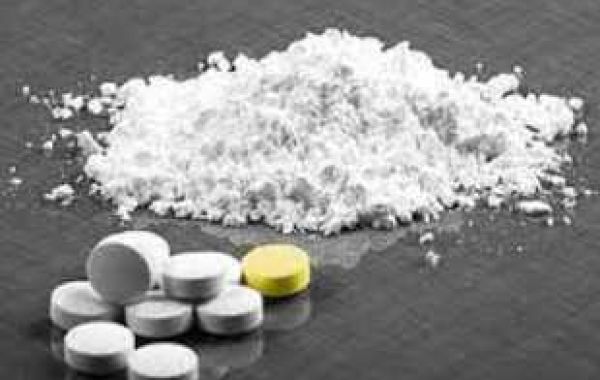What are Intermediates?
In pharmaceutical manufacturing, intermediates are chemical compounds that undergo further processing to become the final API. They represent various stages of the drug synthesis process, each step transforming the starting materials closer to the desired therapeutic molecule.
Why are Intermediates Important?
Intermediates are essential for several reasons:
- Purity and Quality Control: During each intermediate synthesis step, impurities are removed, ensuring the final API meets the stringent purity standards required for human consumption.
- Yield Optimization: Intermediates allow for optimization of the overall synthesis process, minimizing waste and maximizing the yield of the final API, ultimately reducing production costs.
- Synthetic Flexibility: Intermediates provide flexibility in the synthetic route, enabling chemists to explore alternative pathways and optimize the drug development process.
- Intellectual Property Protection: Intermediates can be patented, protecting the intellectual property of the drug manufacturing process and preventing unauthorized production.
Examples of Intermediates
The specific intermediates involved in pharmaceutical manufacturing vary depending on the drug being synthesized. However, some common examples include:
- Amino Acids: These building blocks of proteins are often used as intermediates in the synthesis of peptide-based drugs.
- Organic Acids and Esters: These compounds can serve as starting materials for various drug syntheses or as intermediates in complex reaction sequences.
- Heterocyclic Compounds: These ring-containing molecules frequently form the core structures of many pharmaceuticals.
- Synthetically Modified Natural Products: Natural products can be modified chemically to create intermediates with enhanced therapeutic properties.
Challenges in Intermediate Manufacturing
The production of intermediates presents unique challenges:
- Safety: Handling hazardous chemicals and ensuring proper safety protocols are crucial throughout the synthesis process.
- Quality Assurance: Rigorous quality control measures are essential to ensure the purity and consistency of each intermediate.
- Scalability: The ability to scale up the intermediate production process without compromising quality is critical for commercial success.
- Environmental Sustainability: Sustainable practices in intermediate manufacturing minimize environmental impact and promote responsible drug production.
Future of Intermediates in Pharmaceutical Manufacturing
Intermediates will continue to play a pivotal role in pharmaceutical manufacturing as the industry advances. Continuous innovation in synthetic methodologies, automation, and process optimization will enhance the efficiency and sustainability of intermediate production.
In conclusion, intermediates are the unsung heroes of pharmaceutical manufacturing, providing a crucial bridge between the laboratory and the patient's bedside. Their synthesis and optimization are essential steps in bringing life-saving medicines to market, and improving human health and well-being.








